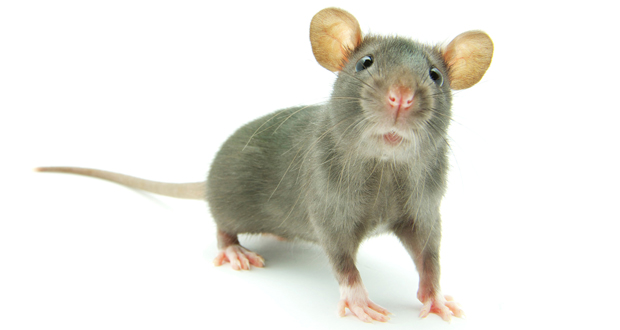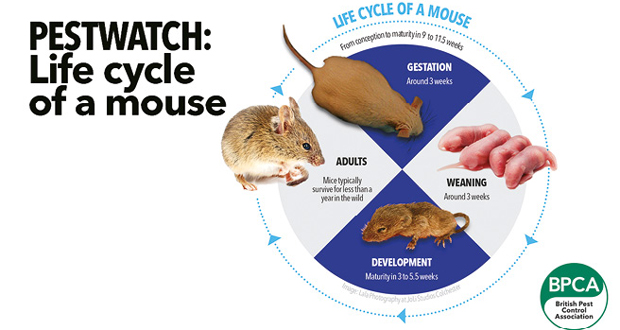Natalie Bungay, Technical Compliance Manager at the British Pest Control Association (BPCA), explains why pests should remain a priority post-pandemic.
BPCA has produced guidance for businesses that are now reopened and looking to establish new protocols for managing their contractors and building maintenance, to help avoid seasonal pest problems.
A QUIET PLACE TO THRIVE
It may seem as though fewer people mean fewer pests, but that is not always true. As hybrid working has become an established pattern for many, the reduced footfall in some buildings – along with the return of people who bring food with them into the building – could create an ideal scenario for certain pests.
Some pests, such as rodents, feel more comfortable with less foot traffic, offering an environment where rodents feel safe, while people keeping snacks in desk drawers, or disposing of food wrappers in waste paper baskets may inadvertently be providing the food source rodents require.
A serious infestation may result in contamination, damage to equipment or the building and a tarnished reputation, incurring increased costs.
Professional pest protection is a crucial component for pest-free premises. BPCA members have the credentials, experience and knowledge to help FMs establish and maintain robust pest management systems.
Facilities managers that retained pest control maintenance throughout the lockdowns and continue to do so are best-placed to prevent an infestation, or to take early action on pest activity.
PEST CONTROL PLANS
Pest control needs to be included in any plan to maintain a building, particularly if the usual monitoring and checks have not continued while the property was empty, and if the number of returning staff is fewer than before the pandemic.
Once a pest infestation has become established, it is important to control it, then continue with proper proofing and maintenance work to avoid issues in the future. Most pests move into a building because they are looking for a food source or shelter. A building that offers both is a prime target for pests.
When carried out by a professional, pest proofing is an important step in preventing pests gaining access to buildings.
Rats can enter a property through a 12mm gap, while mice can squeeze through a 5mm hole. Gaps around cable entry points, doors, windows and under eaves are all potential doorways into the building for rodents.
Uncovered drains and uncapped pipework can also be routes into a building for pests such as rats, mice and cockroaches.
Bins are a major food source for pests, particularly rodents and flies. Proper waste disposal procedures should be in place, while even simple measures such as ensuring bin lids are kept closed will help deter pests from using the bin as a buffet.
Outdoor bin areas should be as inaccessible as possible to pests – make sure you carry out regular checks for holes and damage to bins or bin stores, and proof or fix these when you spot them.
Regular cleaning is also vital. Crumbs under desks and in kitchen areas offer rodents an easy night time meal. And as rodents tend to contaminate surfaces with urine, faeces and bacteria carried on their fur and feet, thorough and regular cleaning not only takes away a food source, but helps protect people in the building from diseases such as listeria and salmonella.
Pest professionals such as BPCA members can advise and carry out a range of proofing systems to help deter pests, but regular maintenance of those measures – and an established cycle of pest management visits – are the best route to avoid an infestation and achieve regulatory compliance.






